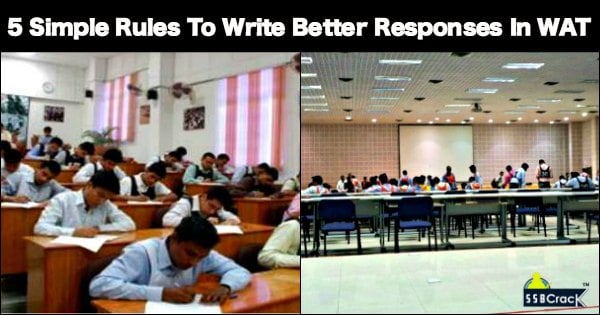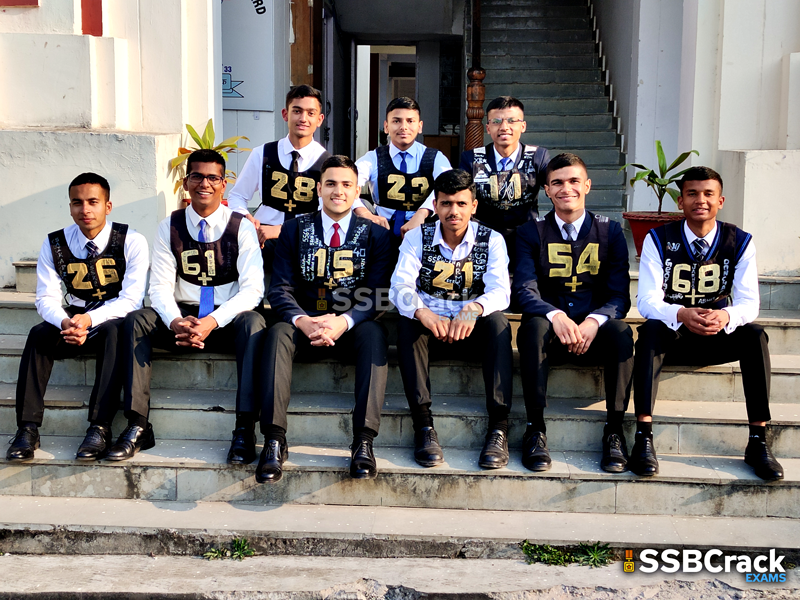The Word Association Test (WAT) is a widely used psychological assessment designed to delve into the inner workings of an individual’s mind. By analyzing a person’s responses to a series of prompts, WAT reveals valuable insights regarding their verbal memories, thought processes, emotional states, and overall personality.
This assessment typically consists of 60 words presented sequentially, with each word shown for a period of 15 seconds. To achieve a valid result, candidates are required to respond to at least 45 of the 60 words, translating to a total timeframe of roughly 900 seconds, or 15 minutes dedicated to this introspective exercise.
The origins of the WAT can be traced back to a reputable psychologist who aimed to explore individuals’ realities and the dominance of their unconscious complexes. The nature of the responses, combined with the time taken to reply, allows psychologists to gain a deeper understanding of an individual’s psyche and emotional landscape.
To navigate the WAT effectively, candidates should consider a few key strategies that will enhance the quality of their responses:
First and foremost, it is essential to create original sentences. Rather than relying on well-known quotes or memorized phrases, candidates should strive to generate personal and authentic sentences. For instance, upon encountering the word “Die,” instead of resorting to a cliché like “Do or Die,” one might say, “I’m a die-hard fan of football.” This approach not only showcases personal interests but also allows assessors to glean more about the individual’s personality.
Additionally, it is imperative to craft sentences that are logical, meaningful, and grammatically correct. While the assessors may not be overly stringent about grammatical rules, presenting coherent and well-structured sentences undoubtedly leaves a positive impression. Effective communication is key to conveying one’s thoughts clearly during the test.
Moreover, candidates are advised to ground their responses in realism. Crafting sentences that reflect actual occurrences, possibilities, or future intentions demonstrates a practical mindset. Avoiding overly imaginative or fantastical ideas can help present oneself as a more relatable and down-to-earth individual.
It is also a common misconception that exclusively focusing on defense or military-related sentences will yield better results. In reality, such an approach may come off as forced or contrived, diverting from the aim of spontaneous expression. A balanced representation is crucial; around 15% of the sentences may pertain to defense, but this should be done thoughtfully and indicate genuine knowledge about the field. For instance, rather than saying, “I’ll die to join the armed forces” for the term “die,” a more factual statement like “33 soldiers died last year in Kashmir saving the nation from terrorists” integrates context and substance.
Finally, the importance of practice cannot be overstated. Continuous practice in forming responses—even in the face of setbacks—is vital. Using the example of Leonardo DiCaprio, one can draw inspiration from his persistence in the film industry, despite not winning an Oscar on his first attempts. Failure should be viewed as an opportunity for growth, a stepping stone towards success rather than a waste of time.
Ultimately, individuals should foster a sense of self-belief, maintain confidence, and keep a positive attitude. Approach the WAT with an open mind, and embrace the opportunity to express oneself authentically and thoughtfully. Good luck!
















